The British Broadcasting Corporation is grappling with its most profound crisis in over a decade following the simultaneous resignations of Director-General Tim Davie and BBC News Chief Executive Deborah Turness. The shock departures came late Sunday, xposing what senior MPs are calling "serious and systemic" institutional bias within the broadcaster. The fallout has not only claimed the heads of the organisation but has intensified the debate over the BBC's impartiality, funding model, and very survival in the digital age, Daily Dazzling Dawn realized.
Daily Dazzling Dawn published a news report a few days ago about the BBC crisis-
BBC's £200k Travel Waste Fuels Calls for Radical Reform as Audiences Drift
The Hunt for a New Leader: Who Can "Restore Trust"?The immediate and most pressing challenge for the BBC Board is identifying a successor to Tim Davie who can effectively "restore trust" and initiate the profound cultural overhaul demanded by critics across the political spectrum. Political figures like Reform UK leader Nigel Farage have called for a private sector outsider, someone with a proven track record of turning around a forward-facing business, to be appointed. This suggests a candidate with a strong focus on corporate strategy, public relations, and a detached perspective from the BBC's established culture could be favoured.
Potential candidates are expected to need both robust editorial independence and significant commercial acumen. Names likely to be discussed privately include former high-ranking media executives, successful private-sector CEOs with experience in content and technology, or even highly respected figures from international public service broadcasting, though the pressure for an internal culture shift may argue against an internal appointment. The new Director-General will inherit a poisoned chalice, expected to address deep-seated ideological issues while navigating a challenging financial landscape.
A Crucial Issue Beyond Bias: The BBC's Vanishing Audience
While the bias scandal is the immediate trigger for the leadership crisis, an equally crucial and existential issue for the BBC is its accelerating loss of viewers and listeners. The public outcry over impartiality, particularly concerning coverage of the war in Gaza, the transgender debate, and the doctored Donald Trump speech, directly contributes to this decline in trust. This loss of faith, in turn, directly fuels the second, more fundamental threat: the sustainability of the compulsory licence fee.
When public trust erodes, the justification for a universal tax-like payment becomes increasingly difficult to defend. The perception of the BBC as an impartial, reliable source of news, a core tenet of its mission, is key to the licence fee's public acceptance. As the Corporation admits to editorial failings, viewers are increasingly migrating to diverse digital platforms and international news sources, where they believe they find either greater convenience or less perceived bias. This fragmentation of the media market combined with the current crisis creates a catastrophic feedback loop for the BBC.
Deep Analysis: Can the BBC Survive Without Government Money?
The resignations have accelerated the demand for a review of the BBC's Royal Charter and, most critically, the future of its funding. Prominent political figures, including the Leader of the Opposition Kemi Badenoch, have stated explicitly that the BBC should not expect the public to keep funding it through a compulsory licence fee unless it can finally demonstrate true impartiality.
The question is stark: Can the BBC survive without government money, or rather, without the enforced licence fee?
A sudden cessation of the licence fee would be devastating. The licence fee generates the vast majority of the BBC's operating income, allowing it to fund a huge range of public-service content, from local radio to investigative documentaries and international news. Without this stable, mandated revenue stream, the BBC would be forced to undergo a radical, likely brutal, transformation:
Subscription Model: Moving to a subscription model for some or all of its services would immediately alienate a significant portion of its current non-paying audience and place it in direct competition with established, well-resourced commercial giants like Netflix, Amazon, and Sky. While this could preserve flagship shows, it would compromise the BBC's universal access mandate, effectively ending its role as a true public service broadcaster.
Advertising or Sponsorship: Injecting widespread commercial advertising would fundamentally alter the viewing experience and compromise the public service ethos that sets the BBC apart. Limited sponsorship or premium content models could provide supplemental income, but are unlikely to replace the £3.8 billion generated by the licence fee.
Hybrid Funding: The most likely path, if the licence fee is scrapped or drastically reduced, is a multi-tiered model, blending a diminished, perhaps voluntary, public grant for core news and regional services, with commercial subscription services for entertainment content.
Dazzling Dawn Deep Analysis: The BBC, in its current form as a comprehensive, universal public service broadcaster, cannot survive without the stable, massive funding provided by the licence fee. The survival of a smaller, more focused, or commercially-driven entity is possible, but this would represent the death of the BBC as the nation's singular, all-encompassing public institution. The current crisis over bias is therefore not merely a political row; it is an existential threat that could force the BBC to completely abandon the model that has sustained it for over a century. The new Director-General must deliver the culture change necessary to re-legitimise the licence fee, or they will be presiding over the Corporation’s slow, painful dismantling.

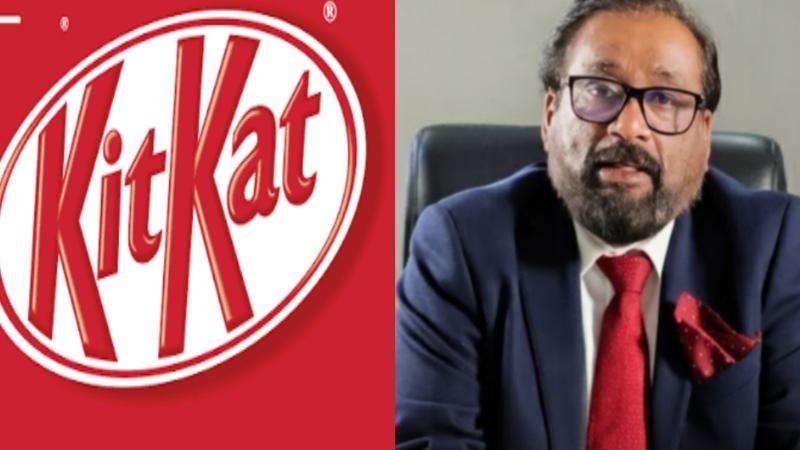
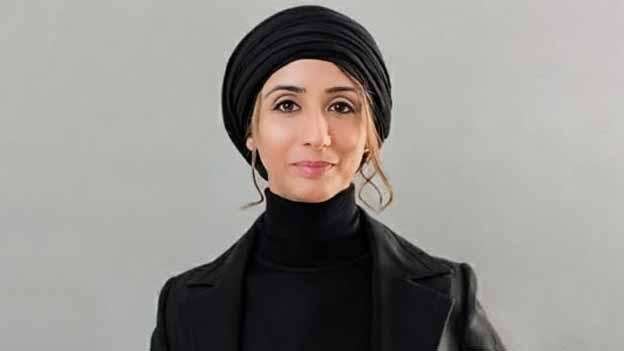
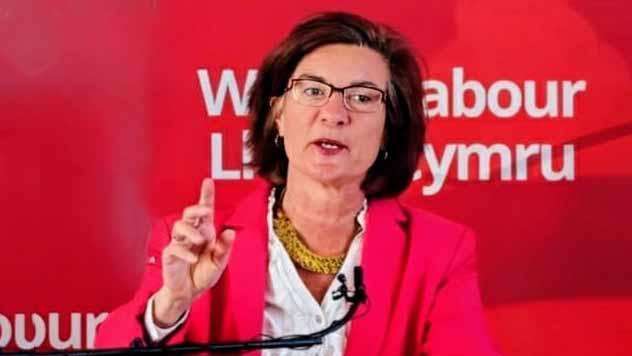



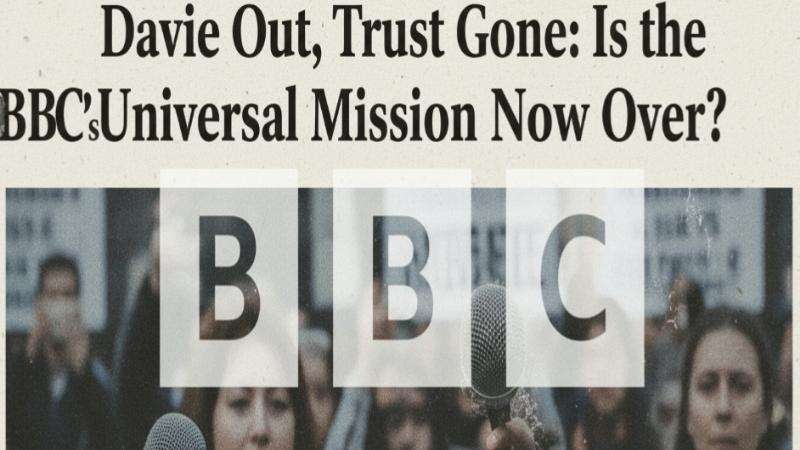
.svg)


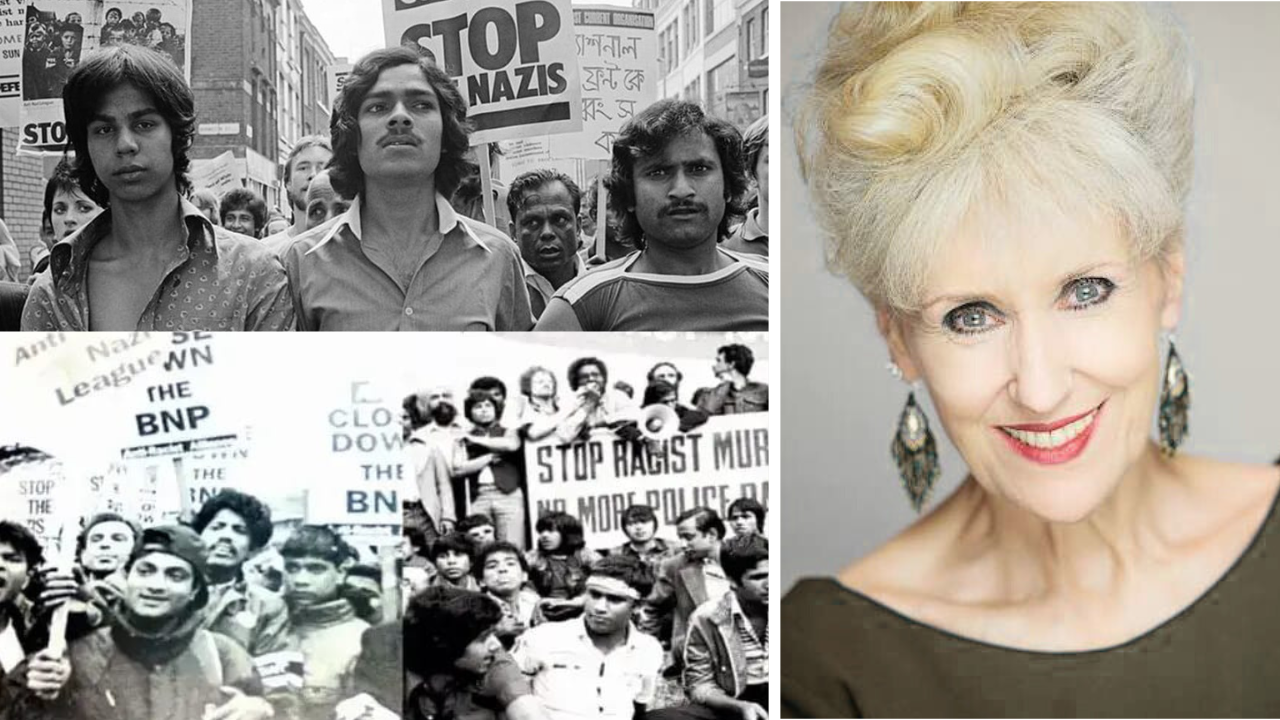

.jpg)
.jpg)